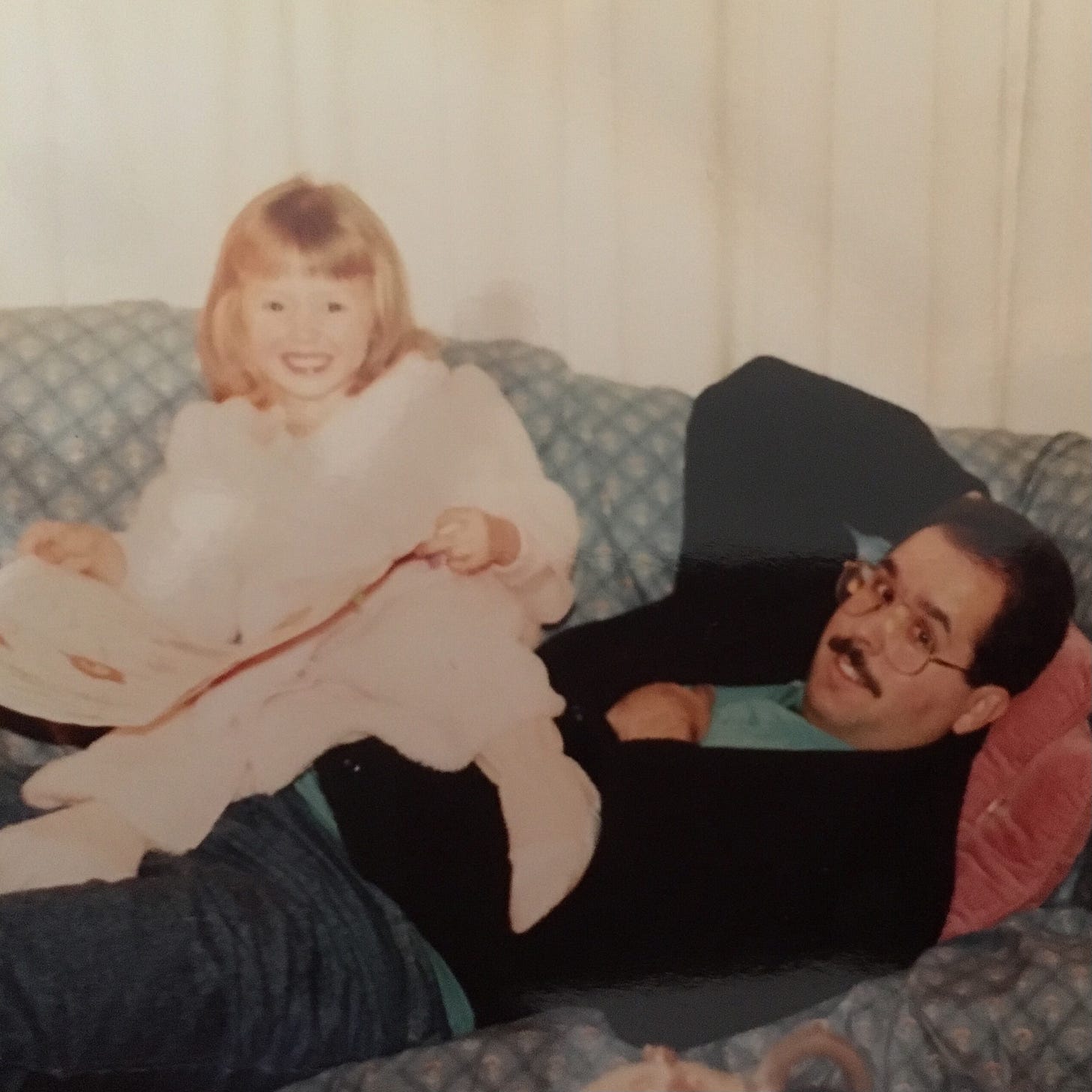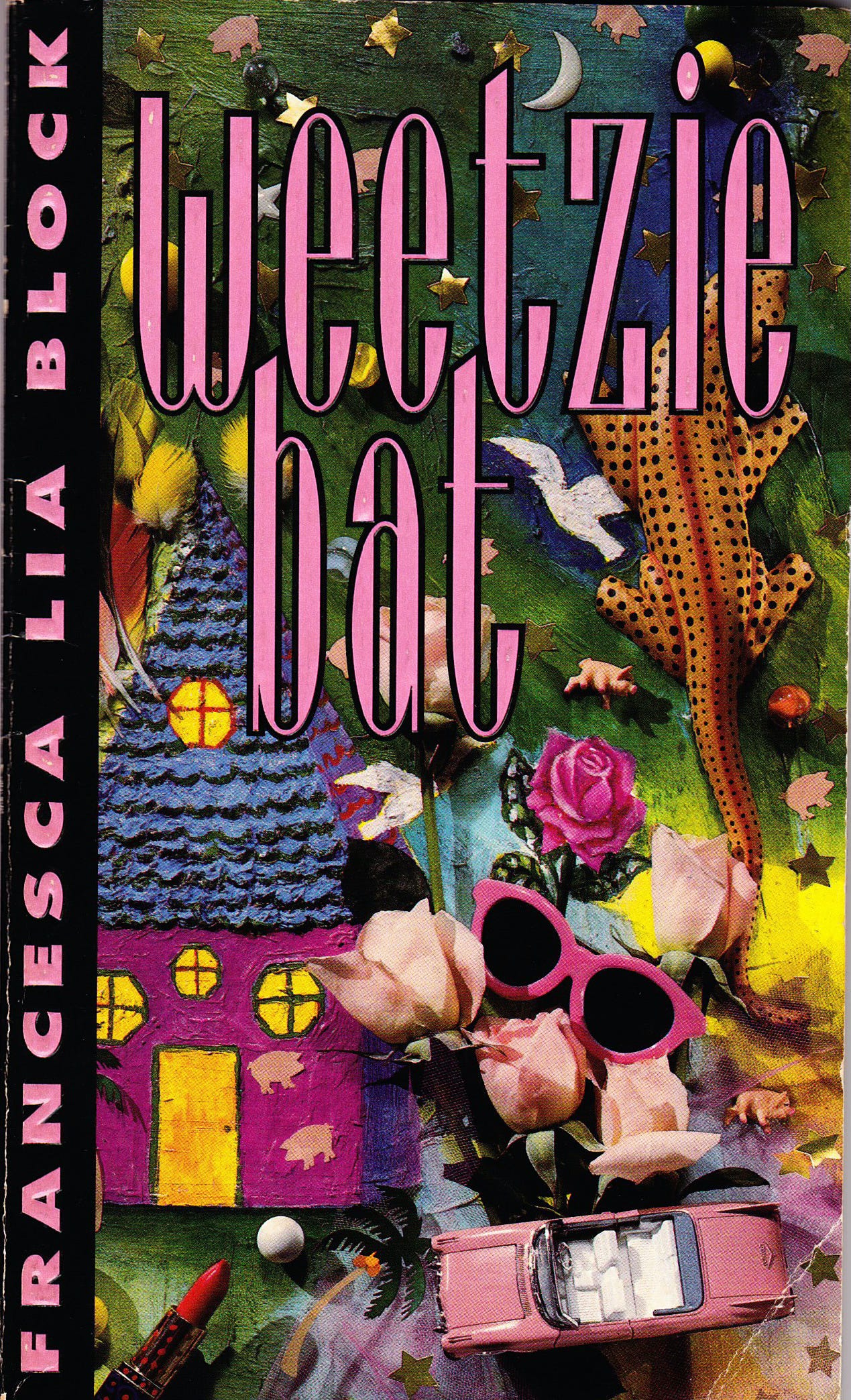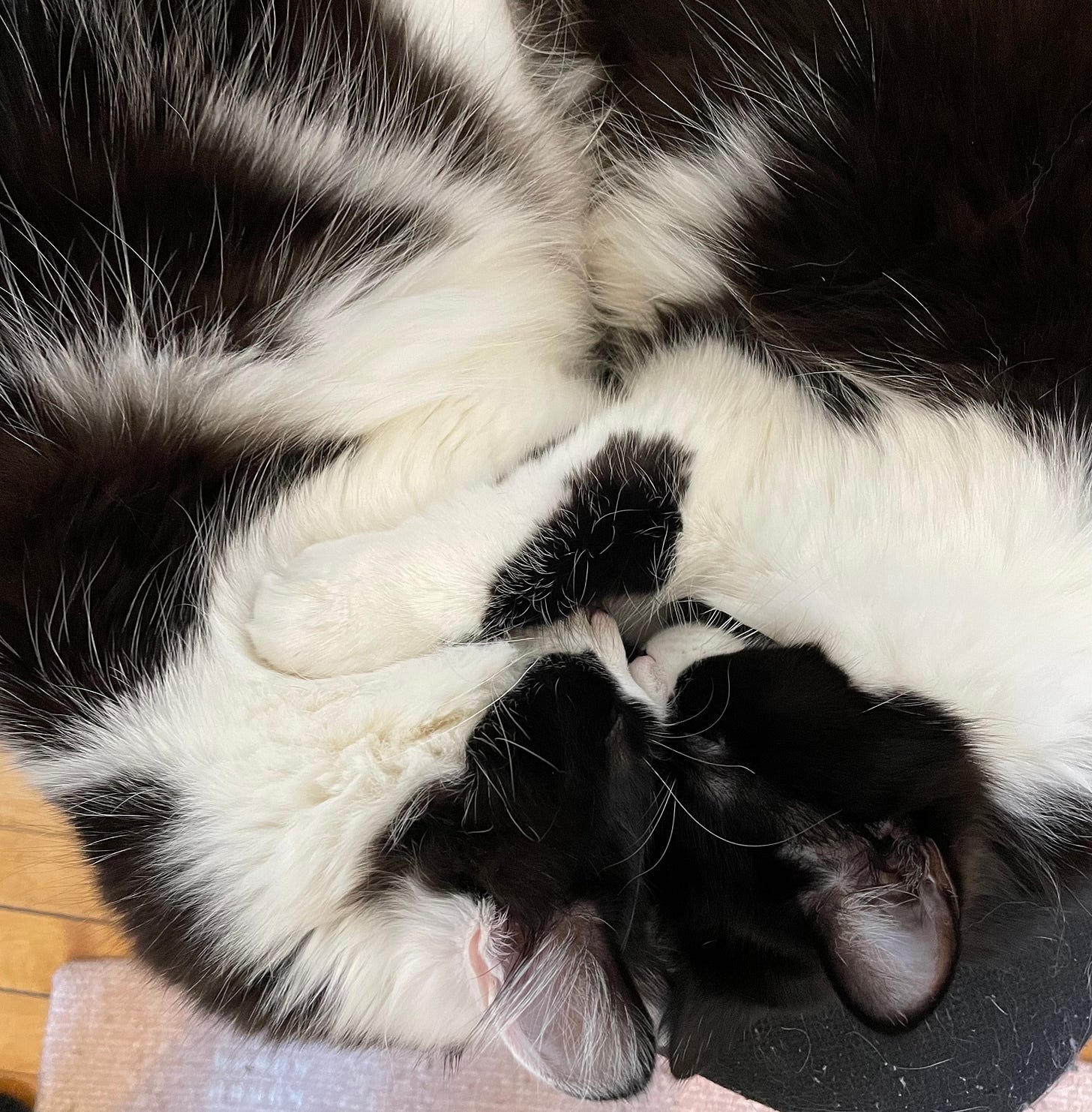Many of you reading this are well aware that I deeply love children’s books up through Young Adult (YA). I’ve been an overly enthusiastic reader from a young age, but still adore both the books I grew up with and those new to me now. I’m quick to volunteer to read to friends’ kids and enthusiastically buy the latest YA fantasy series. Lately I’ve been reflecting more on why I love them as much as I do.
They don’t take themselves seriously.
(Love this related piece by B.J. Novak) Some of the books I remember most vividly from my childhood are due to their complete absurdity, whether in plot or language. There are books I haven’t reread since I first encountered them sometime between second and fifth grade that delighted me so much they’ve stayed lodged in my brain.
The Wayside School books took place in a 30-story building accidentally constructed from a sideways blueprint and were full of silly math jokes and wordplay. Bruce Coville wrote a series of insane alien books that were likely my first sci-fi and so much fun.I’ve also always loved approachable poetry that isn’t self-serious and I had lots of early exposure. Collections by Paul Fleishman, Jack Prelutsky, Judith Viorst (Is If I Were In Charge of the World: And Other Worries too on the nose for me as a favorite?), and Shel Silverstein were in heavy rotation and always made me laugh. There’s a chance my husband said something this week (possibly just mentioning a group of three things) that triggered me to dig the poem below out of the depths of my memory and start reciting it on the spot.
Lastly, any books that allowed for silly voices, songs, or tongue twisters were a big hit in my family, too. Sandra Boynton songs about chickens, Dr. Suess making increasingly less sense describing a tweetle beetle puddle paddle battle, and a tape of Robert Munsch reading his stories and calling “Heyyyy mud puddle!” are core memories I cherish.
But they take children seriously.
I really admire authors that treat children and teenagers with sincere respect including the issues they deal with and what they’re capable of. Sure, the trope of “the world must be saved and this teen is the only one who can!” is silly to some extent, but it also acknowledges that it’s a time of life when people have energy, drive, and an earnest sense of justice.
A Wrinkle in Time (and almost all other L’Engle books aimed at young people), the Narnia books, and Matilda are some of my very favorite examples, along with more recent and realistic novels like The Hate U Give and We Deserve Monuments.
Kids (in real life, and as main characters) are also creative problem solvers less encumbered by expectations in how they approach situations. From the Mixed-Up Files of Mrs. Basil E. Frankweiler by E.L. Konigsburg follows a brother and sister who run away to go live at the Metropolitan Museum of Art, and takes their plan on its face with a “Why not?” Some 25 years after I first read this book, I still fantasize about doing the same.
In the category of “kids are serious people,” a huge influence for me personally was The Babysitters’ Club series. Friends, who else among us started an organization of some sort modeled after it, complete with meetings, officers, and “junior officer” roles for younger siblings? Was yours a detective agency turned “entertainment agency” too? How about the American Girl Moneymakers book inspiring us to be 8-year-old Girl Bosses? (We can talk about the profusion of capitalist propaganda for kids in the 90s another time…)They center growth, change, and self-discovery.
These are the books I’ve read by far the most times, the ones I come back to again and again. I think I turn to them when I’m feeling a little lost or particularly reflective, and feel reassured by reading about others figuring themselves out. Harry Potter, The Little Prince, and The House on Mango Street are favorites, and I’ve read the Weetzie Bat series by Francesca Lia Block more times than I can count.This piece I came across recently by Jiordan Castle puts it so well: “YA reflects us back to ourselves, embodying a basic truth: We’re always coming of age—at every age.”
The kittens have some clear picks this week. Margot recommends Bunnicula and How to Eat Fried Worms. Sazerac loves Charlotte’s Web because he wants to make friends with absolutely everyone.
I want to know all about your childhood favorites! What books did you love? What has stuck in your brain over the years because it was impactful or just delightfully weird? Do you also think about Goosebumps and Animorphs more often than is probably healthy? (Please apply these hypothetically to your pets as well and report back, thx)







Emily, I swear to you that like, earlier this week I mentioned "How to Eat Fried Worms" in some conversation and then had to take a pause and think, "HOW DID THAT BOOK GET PUBLISHED?!" I am too scared/repulsed to revisit it!!
You named so many of my favorites; I recently invested in used copies of "Wayside Stories from Wayside School", "Wayside School is Falling Down", and "The Witches" via paperback bookswap so I can one day lend them out to my niece and nephews. I also still have a shelf of my original Nancy Drew books!
Some other favorites FROM childhood that I love to revisit (in addition to your list, which is superb):
"The Westing Game" by Ellen Rankin - a mystery that stays a little mysterious and strange no matter how many times you read it. I read it in the fourth grade and I kept getting in trouble for reading ahead, but I couldn't stop myself. The kids in the book are the main focus and I remember thinking I wanted to be in their friend group.
"Down a Dark Hall" by Lois Duncan - I found this on the shelf in my third-grade classroom and read it countless times because it scratched a childhood boarding school fantasy I had (pre-Harry Potter!). I re-read it recently and found it to be pretty wild.
"Tuck Everlasting" by Natalie Babbit - I don't remember when or how I found this one, but it was the first book I remember enjoying where there was a love story of sorts in it. I need to watch the movie that stars Alexis Bleidel.
"The Giver" by Lois Lowry - I MEAN this book was my first exposure to an ambiguous ending and blew my mind. Lowry also builds incredible worlds. I still think about it a lot (but refuse to see the movie).
Books ABOUT childhood and/or buildingsromans that I love:
"To Kill a Mockingbird" (I wish I could re-read this again for the first time)
"A Tree Grows in Brooklyn" (EUGH OBSESSED)
"Little Women" (sentimental but also deeply relatable)
Sweet valley high 💓 somehow I was convinced I could be blonde too